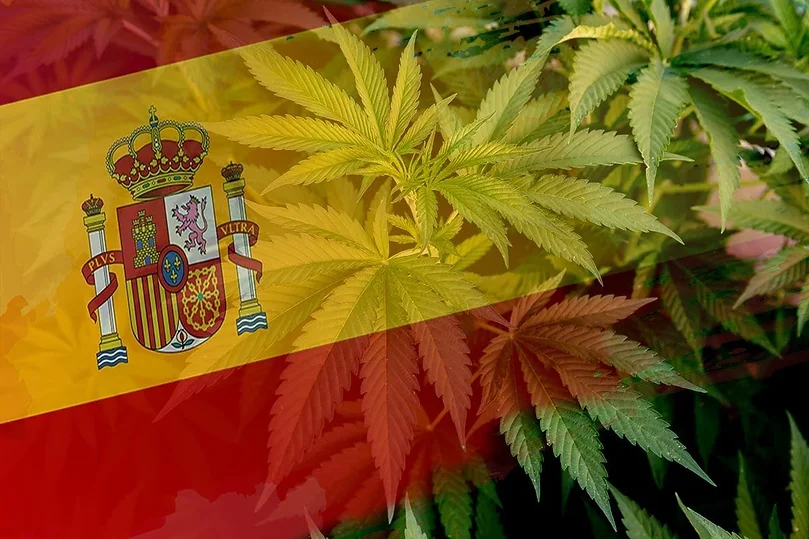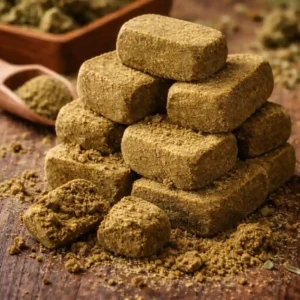Cannabinoids are chemical compounds obtained from the Cannabis sativa plant that produce various psychoactive effects on the body. There are many different types with different effects, with THC being the most psychotropic. Cannabidiol, or CBD, has become popular in recent years as an ingredient in food, drinks, and cosmetics, but now another new compound is gaining presence, HHC or hexahydrocannabinol.
Although this cannabinoid is very recent on the market, it was actually created in 1944 by the American chemist Roger Adams, who first added hydrogen molecules to the Delta-9 THC cannabinoid (a process known as hydrogenation), thus creating HHC.
HHC, unlike CBD, is found in very low concentrations in its natural state in the marijuana plant and in hemp seeds. Some manufacturers have started using it as a ‘non-illegal’ alternative to THC and CBC, as it can have similar effects to the former, popularized for consumption with a vaporizer and increasingly as an ingredient in gummies, cookies, or candies.

Obtaining HHC
HHC, according to the document of this patent, is obtained from THC or tetrahydrocannabinol, which is the main active component of marijuana. However, this plant is not legal in most European countries, nor in many states of the USA.
But not only marijuana produces THC, hemp also produces it in very low amounts, with a maximum of 0.2%. It is a cannabis plant of the same family as marijuana, but lacks psychotropic properties due to its low level of THC.
Through the hemp plant, and through various processes of transforming its extracts rich in cannabinoids, HHC or hexahydrocannabinol is obtained and marketed in specialized establishments.

Effects of HHC
According to a study published in the mid-80s and conducted by researchers at Pfizer, HHC has analgesic effects. However, it is important to note that there is no information on studies conducted on humans. What we do know is that this compound seems to produce an effect similar to THC, although many claim it is less potent. This makes sense since HHC appears to have a similar structure to Delta-9 THC, with the difference being that the former has hydrogenated carbons.
The effects of THC are well known and are as follows:
Relaxation
Euphoria
Increased appetite
Altered perception of time and/or space
Feeling of sleepiness, heaviness, and/or intoxication
It can also produce negative side effects such as paranoia, anxiety, confusion, and tachycardia.
Is HHC legal in Spain?
As with many cannabis-derived products, since it is not mentioned in any law, nor specifically prohibited, it is a legal product. However, this may depend on its form of presentation and route of administration.
Generally, products with this cannabinoid are marketed in two forms: HHC vapes or CBD flowers enriched with HHC, although others can be found.
Vapes, containing only the isolated cannabinoid without the presence of cannabis, are perfectly legal, as is the case with CBD e-liquids or CBD vapes. However, regarding flowers, it should be noted that they are marketed as collectibles and current legislation does not allow their consumption.
In other words, in Spain, the administration of cannabinoids by means other than topical, or by inhalation through vapes and e-liquids is not legally contemplated. Consequently, users who consume these types of cannabinoids in ways other than those mentioned would be making improper use of the products.

Finally, we remind you that HHC products are not intended to diagnose, treat, or cure any disease. It is always advisable to consult a doctor for each specific case, as well as follow your specialist doctor’s recommendations.
In summary, the effects of more well-known cannabinoids such as THC or CBD are still being studied, so there is still a longer path of research on users or patients with this relatively newer cannabinoid.




